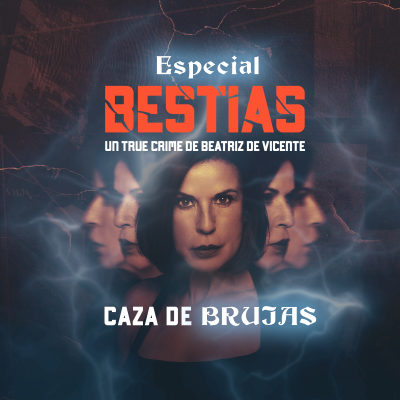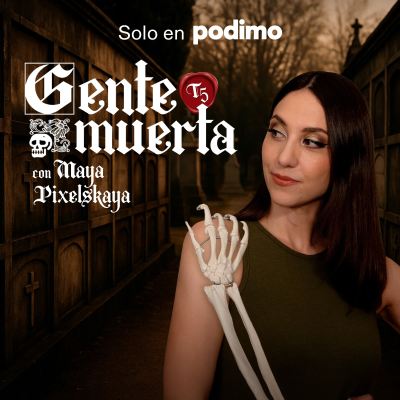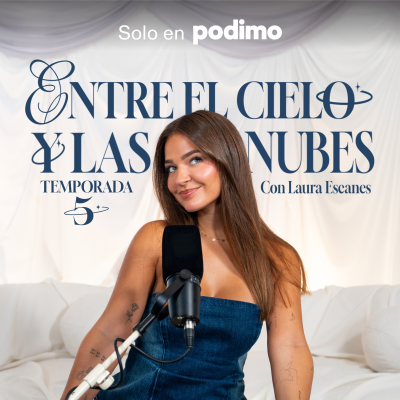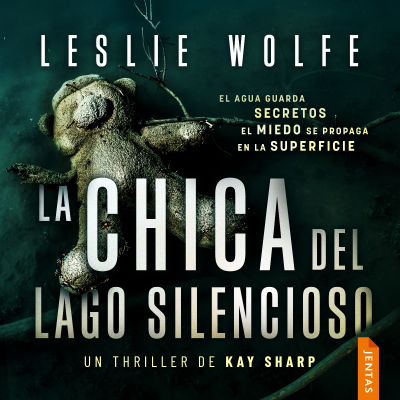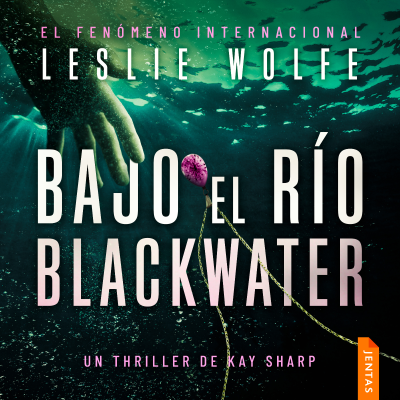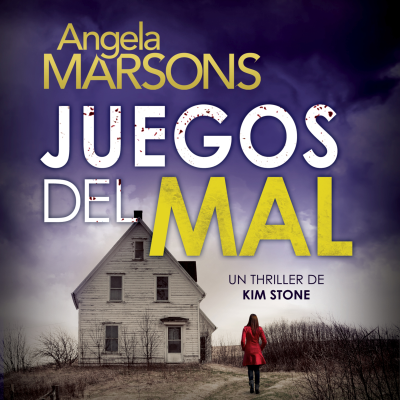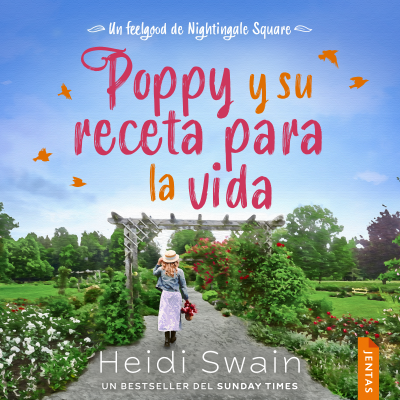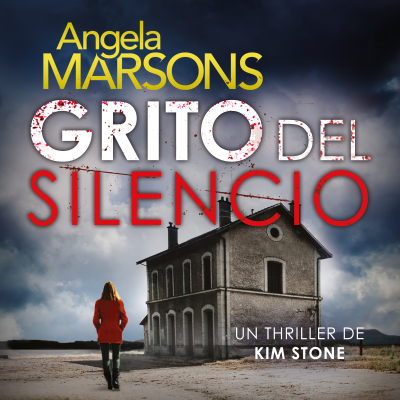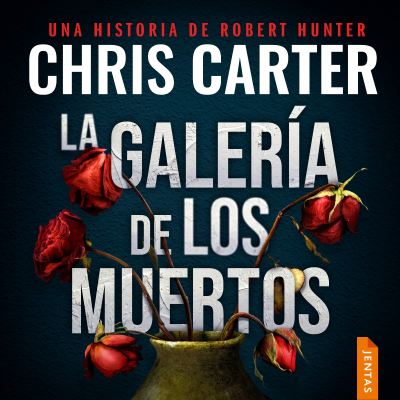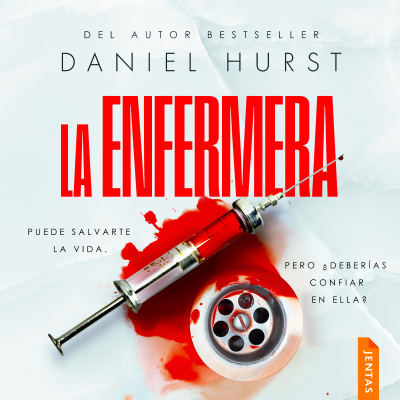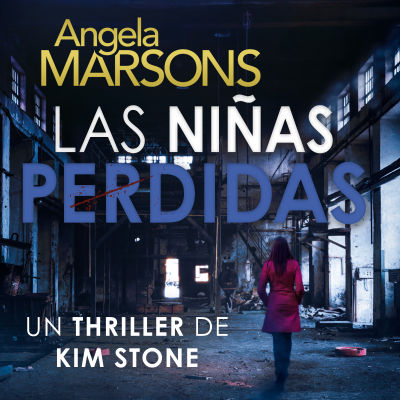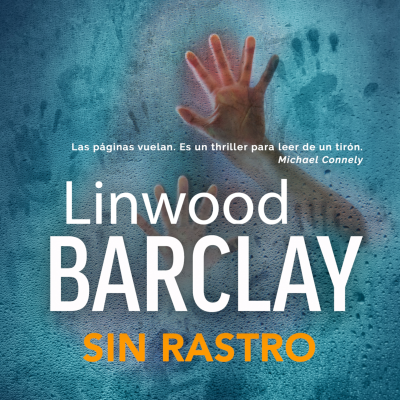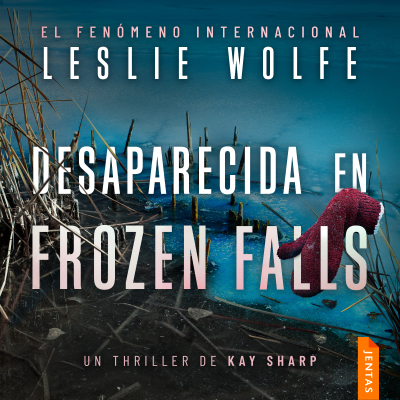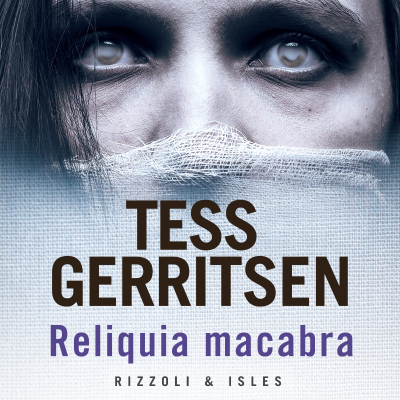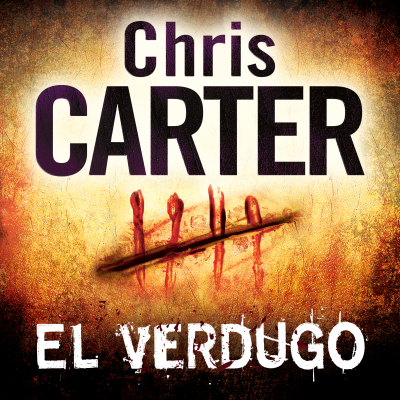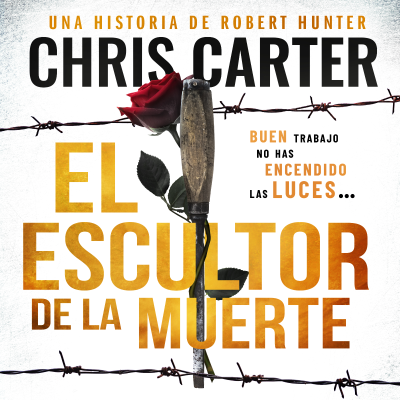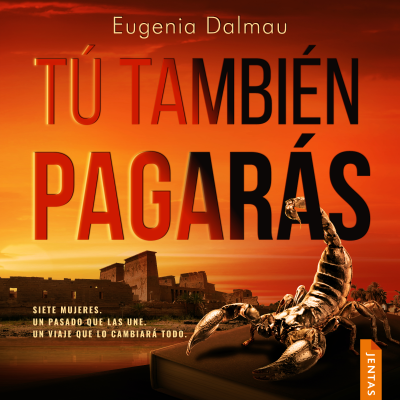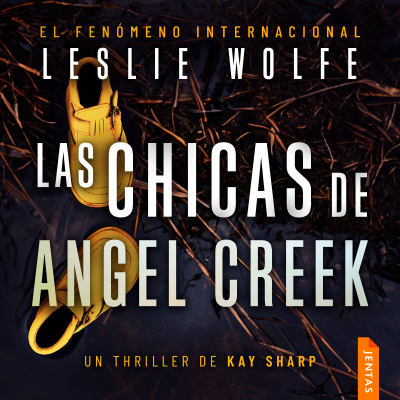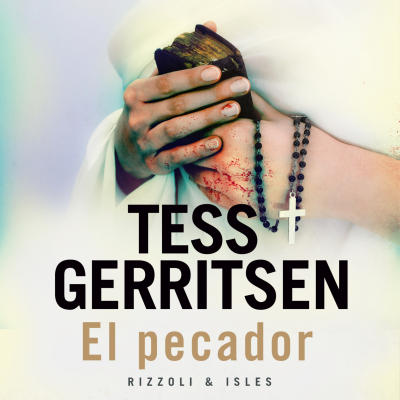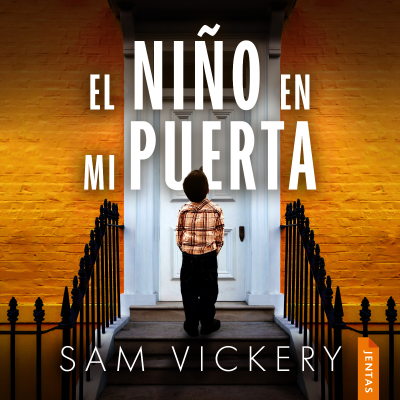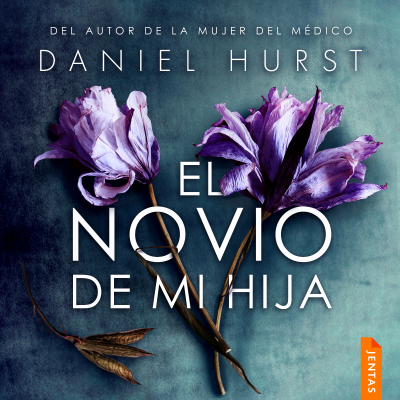
Worldbuilding for Masochists
inglés
Tecnología y ciencia
Disfruta 30 días gratis
4,99 € / mes después de la prueba.Cancela cuando quieras.
- 20 horas de audiolibros / mes
- Podcasts solo en Podimo
- Podcast gratuitos
Acerca de Worldbuilding for Masochists
A podcast by three fantasy authors who love to overcomplicate their writing lives and want to help you do the same.
Todos los episodios
171 episodiosEpisode 169: For the Cartography-Curious
Few things are more glorious than opening up a fantasy book and seeing a gorgeously detailed map right up front. So what goes into making that masterpiece for you to feast your eyes and imagination upon? In this episode, we discuss our love of maps, some of the ways we make maps, and the relationship between the map and the text. We also share some of our favorite maps, as well as exploring some non-traditional types that we'd love to see more of in fantasy and sci-fi novels. Creating a solid map for your world is something that might seem basic at first, but doing it well involves a lot of different skills and knowledge bases: everything from geology and plate tectonics to linguistics and political science. A map really can be a microcosm of your world and its story. How are you going to create yours? And, as promised, here are some of the links we said we'd drop in the show notes! * Marshall's Maradaine Maps [https://maradaine.com/index.php/world/] * Inkarnate [https://inkarnate.com/] (a classic fantasy map generator) * Watabou City Generator [https://watabou.itch.io/medieval-fantasy-city-generator] (make a town or city) * Azgaar [https://azgaar.github.io/Fantasy-Map-Generator/] (spin up some worlds!) * Tectonic Explorer [https://tectonic-explorer.concord.org/?planetWizard=true] (lets you play with crashing continents into each other) * The enormous maps of our co-created world [https://worldbuildingformasochists.podbean.com/p/our-co-created-world] * Time lapse video of border changes in Western Europe [https://youtu.be/B7pQ5Wy3_LE?si=_Bjf6466U8E9d5TF] (ie, smash the HRE with a hammer) * The Holy Roman Empire [https://pressbooks.pub/hellohumans1stedition/chapter/reading-the-holy-roman-empire/] * Germany in the 18th century [https://en.wikipedia.org/wiki/18th-century_history_of_Germany#/media/File:Atlas_Van_der_Hagen-KW1049B10_047-S._IMPERIUM_ROMANO-GERMANICUM_oder_DEUTSCHLAND_MIT_SEINEN_ANGR%C3%84NTZENDEN_K%C3%96NIGREICHEN_UND_PROVINCIEN_Neulich_entworffen_und_theils_gezeichnet_durch_IULIUM_REICHELT_Chur_Pfaltz.jpg] * Cross-section of life in a medieval castle [https://www.reddit.com/r/ThingsCutInHalfPorn/comments/15z8hzg/crosssection_of_the_life_in_a_medieval_castle/] * Official Star Wars galaxy map [https://www.starwars.com/star-wars-galaxy-map] * Less official but more granular Star Wars galaxy map [http://www.swgalaxymap.com/] * The medieval-style Star Wars map [https://cassmorriswrites.wordpress.com/wp-content/uploads/2025/12/20251203_184459456_ios.jpg] * Star Trek galaxy map [https://www.reddit.com/media?url=https%3A%2F%2Fi.redd.it%2F9ssp4vd9aujz.gif] [Transcript for Episode 169 [https://docs.google.com/document/d/1PhutOvWYNon-eRv1TAb82eRf9HGzznpgzXvuf43qov8/edit?usp=sharing]]
Episode 168: It's Bigger on the Inside... of Book Two, ft. APARNA VERMA
So: Whether it was always intended and contracted, you told the “standalone with series potential” fib, or the public has simply demanded more, you now have to write a second book in the same world. How do you expand the world while maintaining the throughline of your story? And how might you know when you've over-extended? Guest Aparna Verma [https://theaparnaverma.com/] joins us to discuss the perils and potential of broadening those horizons. One of the most frequent ways to grow the world you show the readers is to literally expand the setting and follow characters to new locations, encountering new cultures, learning new things. But that's not the only option: Your characters also might be staying in the same place but uncovering secret societies, joining a new economic class, discovering magic, or otherwise encountering an aspect of their own environment they didn't previously have familiarity with. And either way, how can growing the world also spur character growth? [Transcript TK] Our Guest: Aparna Verma was born in Rajasthan, India, and grew up in the United States. She graduated from Stanford University with Honors in the Arts and a B.A. in English. In 2021, she self-published The Boy with Fire, which quickly went viral on TikTok, and was later republished by Orbit Books as The Phoenix King in 2023. When she is not writing, Aparna likes to lift heavy (arm days are her favorite), dance to Bollywood music, and find cozy cafes to read myths from ancient worlds. You can connect with Aparna on TikTok at @aparnawrites, and Twitter and Instagram at @spirited_gal.
Episode 167: Spice Up Your Worldbuilding. ft. NIA DAVENPORT
So, you've decided it's time to turn up the heat on your worldbuilding. Maybe you're writing a full-on romantasy, or maybe it's a smaller component of your overall plot, but if your characters are getting down and dirty, how do you make sure they're getting their freak on in a way that reflects the culture they exist in? Guest Nia Davenport [https://www.nedavenport.com/] joins us to explore all the angles -- and positions. When we're thinking about the culture of sex (and sexy cultures), there's a lot to unpack, particularly because of our own society's various hang-ups, preconceptions, and puritanical history. So how have social forces exerted pressure on ideas about the expression (and perhaps exhibition) of desire within your invented world? How can you use your characters to challenge or subvert conceptions of promiscuity, chastity, gender roles, and power dynamics? [Transcript for Episode 167 [https://docs.google.com/document/d/1Vb2EwJvHSl3PBqMBHDptQZKfZr_DPj2vcsxa8Dn6BfM/edit?tab=t.0]] Our Guest: Nia "N.E." Davenport is an award-winning Science Fiction/Fantasy author who writes stories that blend magic, mayhem, and deadly heroines. She attended the University of Southern California and studied Biological Sciences and Theatre Arts. She also has an M.A. in Secondary Education. She teaches English and Biology to amazing students. When she isn’t writing, she enjoys vacationing with her family, skiing, and being a huge foodie. She’s an advocate for diverse perspectives and protagonists in literature. You can find her on Twitter @nia_davenport, or on Instagram @nia.davenport, where she talks about binge-worthy TV, killer movies, and great books. She lives in Texas with her husband and kids.
Episode 166: The Histo-Remix, ft. ALIX E. HARROW
We use history a lot in our worldbuilding, whether as a direct re-interpretation or as inspiration for a secondary world that we’re creating. So… why do we do that? And what choices do we need to examine as we do so? Guest Alix E. Harrow [https://alixeharrow.wixsite.com/author] joins us to discuss weaving historical realities into our fiction. The construction of history is, itself, always the process of creating a narrative through authorial and editorial choices, and so not as wildly different from writing fiction as it may seem. That interrelation means there is an ethical component to worldbuilding, particularly when dealing with issues of imperialism, colonialism, and historically marginalized populations. How do we interrogate the stories we've received, the information our research turns up, and the assumptions both we and our readers might make based on what we think we know about history? [Transcript for Episode 166 [https://docs.google.com/document/d/1mkSdFuUW1fiz1HuAN7PZhU6e-Zzpj3zI5Pbph811QCI/edit?usp=sharing]] Our Guest: Alix E. Harrow is the NYT-bestselling author of The Ten Thousand Doors of January, The Once and Future Witches, Starling House, and various short fiction, including a duology of retold fairy tales (A Spindle Splintered and A Mirror Mended). Her work has won a Hugo and a British Fantasy Award, and been shortlisted for the Nebula, World Fantasy, Locus, Southern Book Prize, and Goodreads Choice awards. She's from Kentucky, but now lives in Charlottesville, Virginia with her husband and their two semi-feral kids.
Episode 165: Pour One out for Your Worldbuilding
From beer to gin, from caffeine to tobacco, from mushrooms to hallucinogenic snails, a culture's options for achieving altered states of consciousness through consumables are vast! So when the people in your culture want to get blitzed -- How do they achieve that? The choices can communicate a lot to your readers about your world's technology, climate, and topography, as well as their ideas about health. Alcohol and other intoxicants also tend to accumulate lots of social apparatus around them. Unspoken rules might dictate when it's okay to get intentionally impaired and when it's unacceptable, or what forms of booze are considered high-class or low-class; actual laws might regulate both creation and consumption. You can also explore why your people partake of such things: Just for fun? Are there religious associations, like offering libations to a god or putting a prophet into a trance state? Do they think that inhaling ash is good for them? As always, we advocate both doing the research and looking for creative choices! Can you give your culture a unique intoxicant of some kind? In this episode, we also take a moment to practice what we preach and discuss the inebriating habits of the cultures in our co-built world! [Transcript for Episode 165 TK]
Elige tu suscripción
Premium
20 horas de audiolibros
Podcasts solo en Podimo
Podcast gratuitos
Cancela cuando quieras
Disfruta 30 días gratis
Después 4,99 € / month
Premium Plus
100 horas de audiolibros
Podcasts solo en Podimo
Podcast gratuitos
Cancela cuando quieras
Disfruta 30 días gratis
Después 9,99 € / month
Disfruta 30 días gratis. 4,99 € / mes después de la prueba. Cancela cuando quieras.

